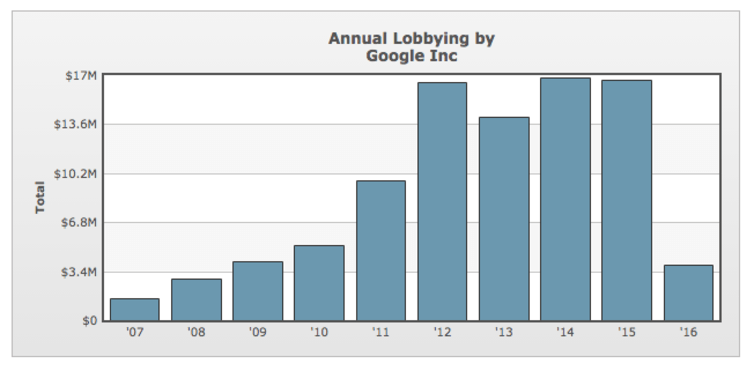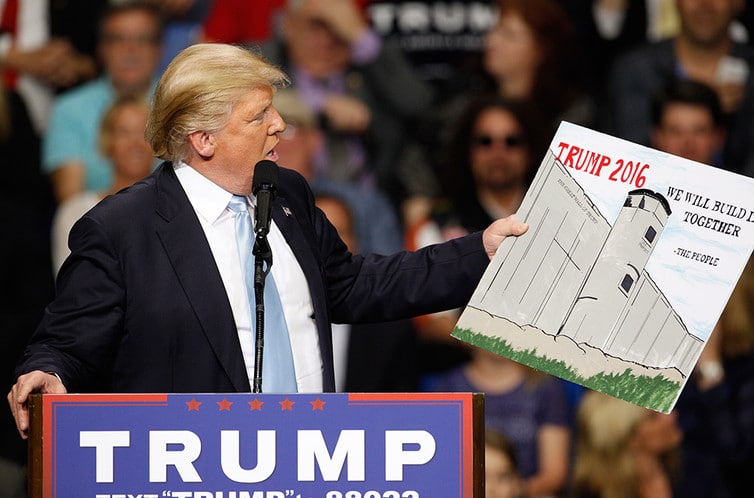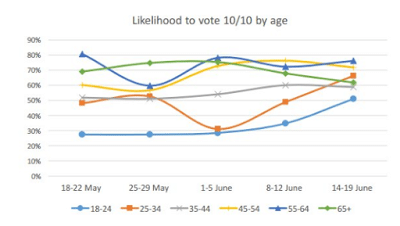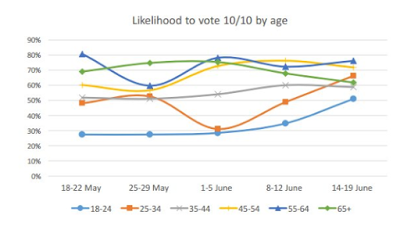Japan’s Next Lackluster Election Comes this Weekend
On 10 July, Japanese voters will go to the polls in the triennial upper house election. The candidates will be all-too-familiar faces; the party leaders wooden; and policy menus unpalatable. The contest is for only half the seats and voters are expected to either vote for the political status quo or not vote at all.







